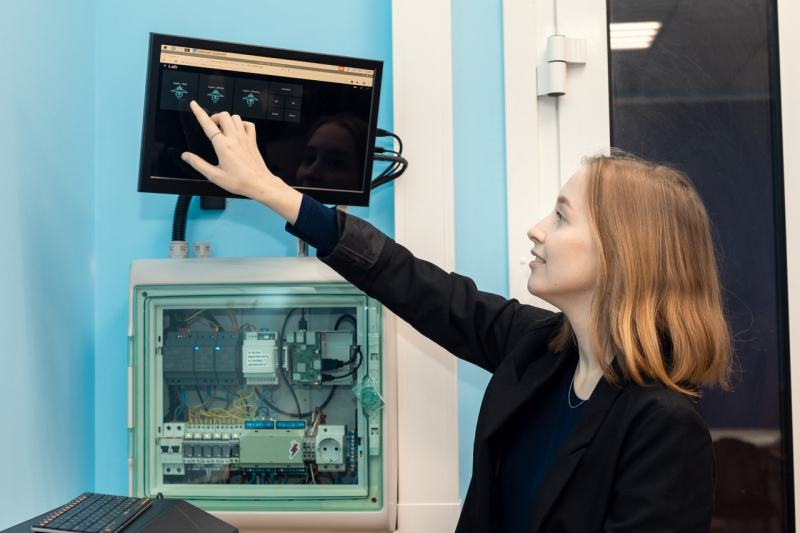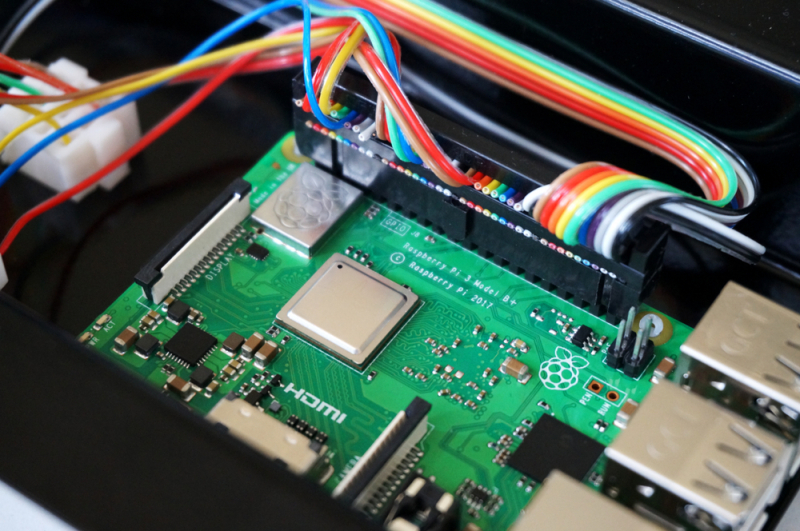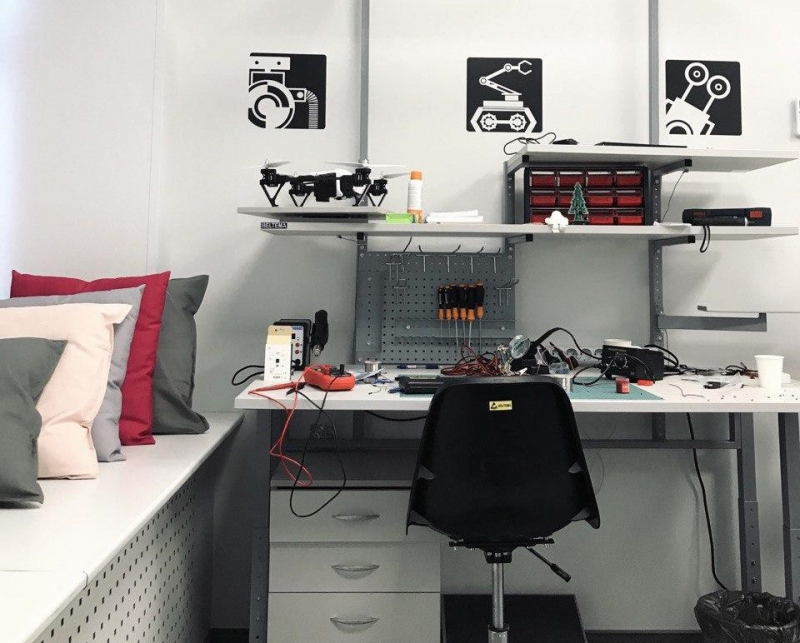Elizaveta Kotelnikova studies at ITMO University’s Industrial Programming Technologies Master’s program. Its corporate partner, T-Systems, subsidiary of Deutsche Telekom AG, is a leader in the field of information technology. The program’s advantage is the opportunity to do an internship at this company as a student. We asked Elizaveta to share her experience of working at T-Systems, changing her field of studies after getting a Bachelor’s degree, and creating a project as part of an internship.
Why did you choose the Industrial Programming Technologies program?
I found out about it accidentally. I got into IoT in my fourth year of studies and attended the IoT Academy by Samsung that took place at our university. I didn’t want to continue studying electrical engineering as a Master’s student. I thought there are no IoT related programs in Russia but, as it turned out, there is, right here at ITMO University. It was a pleasant surprise for me. I’m getting all the necessary theoretical knowledge here, but the best opportunity granted to me by the university is learning how to apply it.
What do you study at the program? Is theoretical knowledge important in practical use?
This semester we’re mostly studying machine learning and natural language processing, which is fascinating. However, when it comes to practice, my job right now isn’t directly related to these fields. I mostly program and work with hardware.

Tell us more about your internship at T-Systems. How does it go?
I’ve been an intern here for four months now. Not only did I learn a lot, but also met interesting people. Kirill Bushuev, my mentor, is one of them. I’m so thankful that he patiently answers all my questions. The atmosphere here helps you to grow, and colleagues are always ready to help, if there’s a need to.
What were the requirements for potential interns?
I had to pass an interview to get this internship. Each department has its own requirements. I had a bit of experience in working with Raspberry Pi, a single-board computer, and this helped me a lot. I didn’t know how to program back then, and yet I got the intern position.

What skills have you managed to learn at the internship?
Most importantly, professional ones. I was working on the tasks on my own, trying this and that, sometimes starting all over, but it was very useful for me. My previous field of studies had nothing to do with programming, so I had to learn a lot from scratch. During the internship, I’ve learned how to work with Python and its libraries.
What your usual day at T-Systems is like?
My hours aren’t fixed, so there’s no need to get up early to get to the office on time. I can spend as much time as I want there. Sometimes I work from home. I was allowed to take everything I need for as long as the quarantine is on. According to the contract, I have to work four hours a day, but further reading and learning how to use new software takes much more time. However, this experience is worth it.

You’re also working on a project of your own. What is it about?
My goal is to develop a system for converting voice messages into text by using neural networks and a multilingual speech-to-text converter for smart home management. I completed my project using Windows and Raspberry Pi, a microcomputer, and adapted it for Raspbian.
At what stage of its creation are you right now? How do you plan to implement it further?
At the moment, my T-Systems project is at the stage of development, but its main part is already completed. It’s quite a serious project: a voice assistant with implemented neuronetwork that recognizes human commands and responds to them.
I plan to add external voice command devices. It means that if a person says out loud what the system is supposed to do – to turn on the lights, for example, the system will recognize the command and the device responsible for the lightning will be turned on.
I’m working on the part related to the human-computer interaction: natural language processing, speech-to-text conversion, and response to commands. The neural network and interaction with other devices are what my colleagues are working on.
This project is to be implemented at T-Systems’ InnoLab. They work on creating a “smart office” project there. As IoT becomes more popular in Russia, this technology can be applied in various ways to make life easier.



